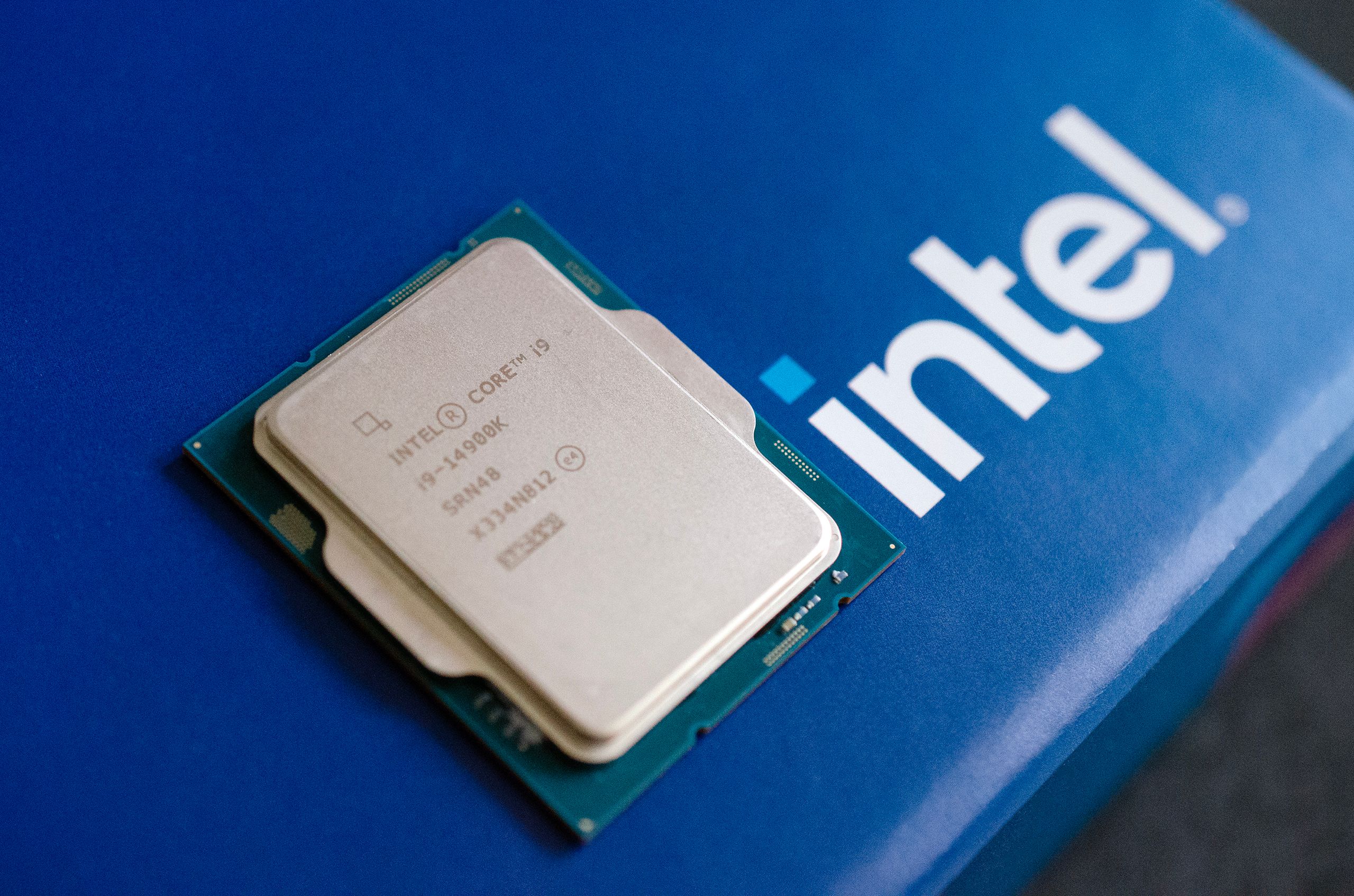Intel just threw out the playbook that made it a chip giant. Even as the PC market prepares for its biggest growth since 2021, the company revealed on its Q3 earnings call that it's ditching the legendary tick-tock development cycle and prioritizing AI server chips over consumer processors - a strategic gamble that could reshape the entire semiconductor landscape.
Intel just made the biggest strategic pivot in its modern history - and it's happening at the worst possible time for PC enthusiasts. The chip giant revealed during its Q3 2025 earnings call that it's abandoning the tick-tock development cycle that defined semiconductor innovation for decades, choosing instead to chase AI dollars while the PC market prepares for its best year since the pandemic.
The timing couldn't be more dramatic. With Windows 10 reaching end-of-life, Intel should be perfectly positioned to ride what CEO Lip-Bu Tan called the biggest PC growth opportunity since 2021. Instead, the company is making a calculated bet that AI servers will deliver bigger returns than consumer chips.
"We expect CCG to be down modestly and DCAI to be up strongly as we prioritize capacity for server shipments over entry level client parts," Intel executives told analysts during the earnings call. It's a stark admission that even as PC demand surges, Intel simply doesn't have enough manufacturing capacity to serve both markets - so it's picking AI.
The company's first profit in nearly two years, driven primarily by lifelines from Nvidia, SoftBank, and the US government, gives Intel breathing room to make these long-term bets. But the manufacturing reality is brutal: shortages are expected to peak in Q1 2026, and the company admits its 18A process yields are only "adequate to address the supply but not where we need them to be to drive the appropriate level of margins."
CFO David Zinsner didn't sugarcoat the timeline, suggesting it might be 2026 or even 2027 before Intel achieves "acceptable level of yields" on 18A. That's a problem when your flagship consumer chip, Panther Lake, depends entirely on that process. Zinsner admitted Panther Lake will be a "pretty expensive" product initially, forcing Intel to push existing Lunar Lake chips "in at least the first half of the year."
The strategic shift becomes clearer when you look at Intel's new AI GPU roadmap. Following Nvidia and AMD, Intel will now release new AI accelerators annually instead of following traditional multi-year cycles. It's a direct response to the explosive AI server market that analysts value at over $100 billion annually - dwarfing consumer PC processor revenues.












